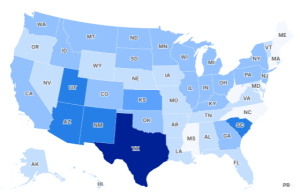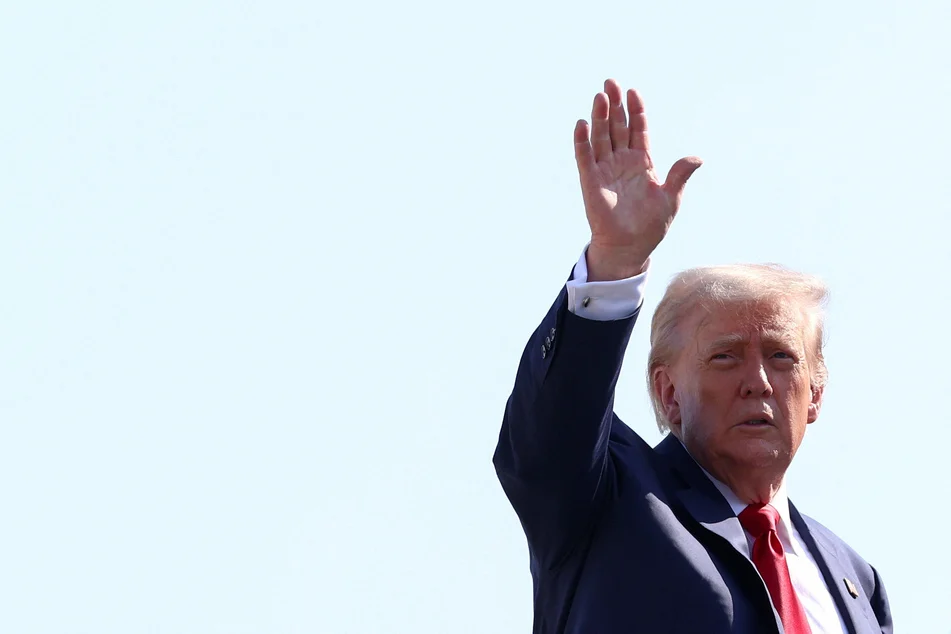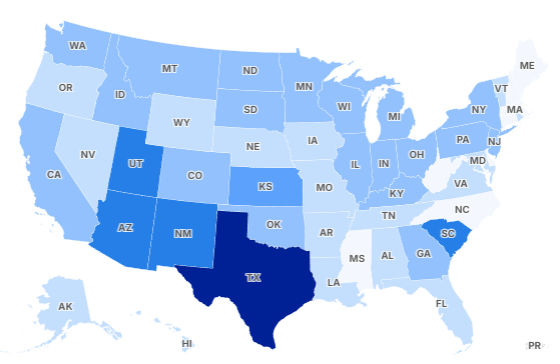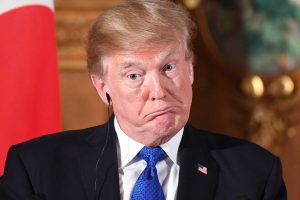In a political climate marked by turbulence and partisanship, the national mood surrounding the U.S. economy appears to be shifting—and with it, the narrative around President Donald Trump’s leadership. While economic challenges have been a dominant concern over the past four years, a series of recent developments has begun to alter public sentiment in a measurable way.
Among the key drivers of this shift is a sweeping new trade agreement with Japan. The deal, announced earlier this month, eliminates tariffs and trade barriers on U.S. exports heading to Japanese markets, while imposing a 15 percent duty on Japanese imports coming into the United States. Supporters of the agreement claim it will unleash a new wave of American manufacturing and agricultural strength, while critics remain cautious about its long-term economic impact.
This international breakthrough coincides with early signs of inflation cooling—a welcome change for Americans after years of financial pressure. For families grappling with rising prices and stagnant wages, even modest relief has made a noticeable difference. Retailers are reporting increased foot traffic, consumer confidence has ticked upward, and reports of financial strain caused by inflation have begun to ease, especially among lower- and middle-income households.
All of this is happening against the backdrop of renewed media scrutiny of President Trump. Most notably, a Wall Street Journal story linking him—again—to the Jeffrey Epstein case ignited fierce backlash. Trump responded with a lawsuit against the publication, calling the story false and defamatory. His legal team argues it is part of a larger, orchestrated campaign to undermine his credibility amid his policy momentum.
And yet, despite these political headwinds, something unexpected is happening.
Midway through the week, the Wall Street Journal released a new poll showing significant shifts in public opinion regarding the economy—and Trump’s handling of it. For the first time in years, nearly half of voters now rate the current state of the economy as “good” or “excellent.” This is a sharp increase from April, when just 36 percent of respondents held that view.
Even more striking is the drop in economic pessimism: the percentage of people who view the economy as “not good” or “poor” has fallen by 12 points, from 63 percent in April to 51 percent in the most recent survey. The gap between positive and negative views of the economy, once a daunting 26-point chasm, has now narrowed to just eight points.
This shift in sentiment is also reflected in broader approval ratings for President Trump. According to the same Journal poll, 46 percent of Americans now approve of the job he is doing—his highest rating ever in that survey, surpassing his entire first-term performance. Other polls released this week, including those from Trafalgar/InsiderAdvantage and Rasmussen, place Trump’s approval rating even higher, at 50 percent and 49 percent respectively.
You can also watch the full breakdown and reaction in this featured video:
https://www.youtube.com/watch?v=TTVMsfWO0uY&t=3s
These numbers suggest more than just a temporary bounce—they point to a changing dynamic in how the American public evaluates leadership, particularly during times of economic uncertainty. Whether these trends hold will depend on future conditions, but for now, the momentum appears to be firmly shifting.

Emily Johnson is a critically acclaimed essayist and novelist known for her thought-provoking works centered on feminism, women’s rights, and modern relationships. Born and raised in Portland, Oregon, Emily grew up with a deep love of books, often spending her afternoons at her local library. She went on to study literature and gender studies at UCLA, where she became deeply involved in activism and began publishing essays in campus journals. Her debut essay collection, Voices Unbound, struck a chord with readers nationwide for its fearless exploration of gender dynamics, identity, and the challenges faced by women in contemporary society. Emily later transitioned into fiction, writing novels that balance compelling storytelling with social commentary. Her protagonists are often strong, multidimensional women navigating love, ambition, and the struggles of everyday life, making her a favorite among readers who crave authentic, relatable narratives. Critics praise her ability to merge personal intimacy with universal themes. Off the page, Emily is an advocate for women in publishing, leading workshops that encourage young female writers to embrace their voices. She lives in Seattle with her partner and two rescue cats, where she continues to write, teach, and inspire a new generation of storytellers.









